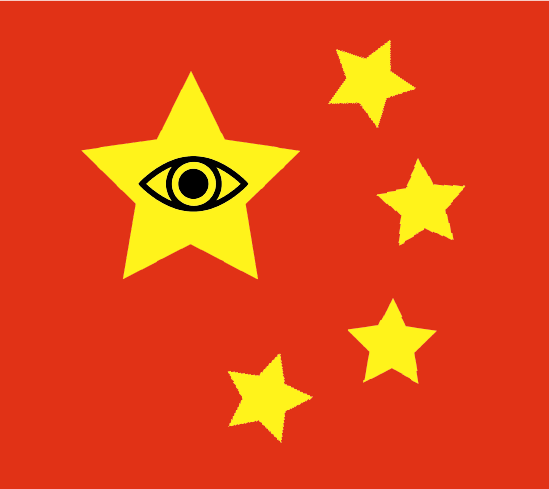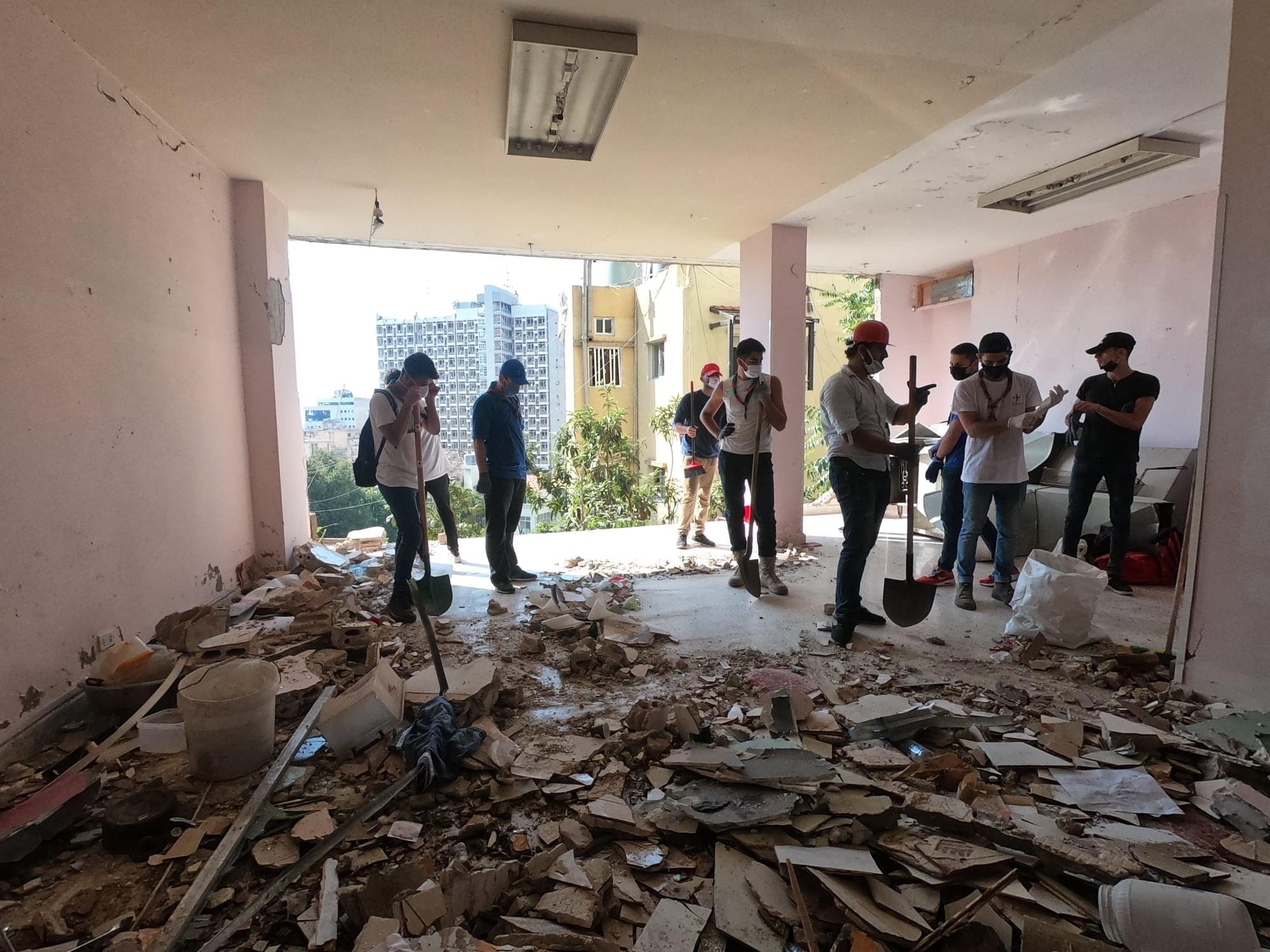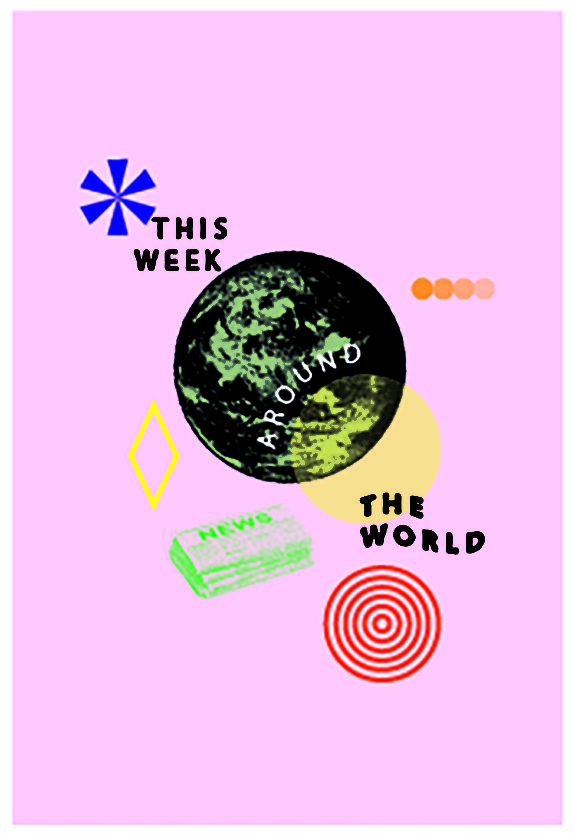July 26 Ras al-Ain, Syria: A motorcycle rigged with a bomb exploded at a vegetable market in a region of Syria controlled by Turkish-backed opposition fighters. The explosion killed eight and left 19 injured, several of whom are in critical condition, according to The Middle East Eye. The Turkish Defense Ministry blamed the United States-supported Kurdish People’s Protection Unit, which controlled the region until October 2019 when opposition fighters took over. Despite these accusations, no group has claimed responsibility for the incident.
July 29 Koton-Karfe, Nigeria: A group of unidentified gunmen killed 14 villagers overnight in Koton-Karfe and left at least six seriously injured, according to state police. The state police opened an investigation into the incident and said a long-standing land dispute is the likely motive. Of the 14 dead, 13 were from the same family. “In that family, only one person survived,” said Ede Ayuba, a state police commissioner, to Al Jazeera. “His uncle, his mother, his uncle’s wife, his younger brother, his senior brother’s wife, his wife and all his children were killed.”
July 30 East Nusa Tenggara, Indonesia: A group of locals discovered 11 short-finned pilot whales, all 6.5–20 feet long, washed ashore on an Indonesian beach. Of the 11, 10 were already dead. A group of about 10 men managed to push the one whale who was still alive when the pod was discovered back into the ocean. The whales were covered in deep cuts officials say likely occurred when the whales hit sharp rocks. Local residents dug graves and buried the 10 whales that died.
July 31 Mexico City, Mexico: The Mexican government signed an agreement with the World Health Organization and the United Nations Office for Project Services on July 31, giving the country access to 3,643 drug codes currently available in the world market beginning in 2021. The agreement cost the Mexican government approximately $6.8 billion, but is expected to reduce the cost of medicines throughout the country by up to 74% and allow medical services to be guaranteed to all. “It is a historical fact because we are going to obtain all the medicines in the world, of good quality, at low prices and we will solve the problem of shortages of medicines without corruption,” President Andrés Manuel López Obrador said in a press conference, according to TeleSUR.
Aug. 1 Al Dhafra, United Arab Emirates: Operations in the first of four reactors at the Barakah Nuclear Energy Plant began, marking the opening of the first nuclear power plant in the Arab world, according to Al Jazeera. “The start up of Unit 1 marks the first time that the reactor safely produces heat, which is used to create steam, turning a turbine to generate energy,” said the Emirates Nuclear Energy Corporation, which is working with the Korea Electric Power Corporation to build and operate the plant, in a statement. The UAE hopes the Barakah Nuclear Energy Plant will meet at least a quarter of energy needs in the region.
Aug. 2 Victoria, Australia: Victoria Premier Daniel Andrews increased restrictions in the city of Melbourne beginning Aug. 2 at 8 p.m. as a result of a significant increase in COVID-19 cases. On Aug. 1, there were 397 confirmed new cases of COVID-19 in Victoria, but by Aug. 2, the number rose to 671. The new restrictions include a daily curfew from 8 p.m.–5 a.m., as well as limiting valid reasons for leaving the house to include only work, medical care and care-giving, according to BBC. Residents are not allowed to shop or exercise outside of 3.1 miles from their homes and only one person per household per day is allowed to shop for groceries. Andrews said the new restrictions will last at least until at least Sept. 13.




